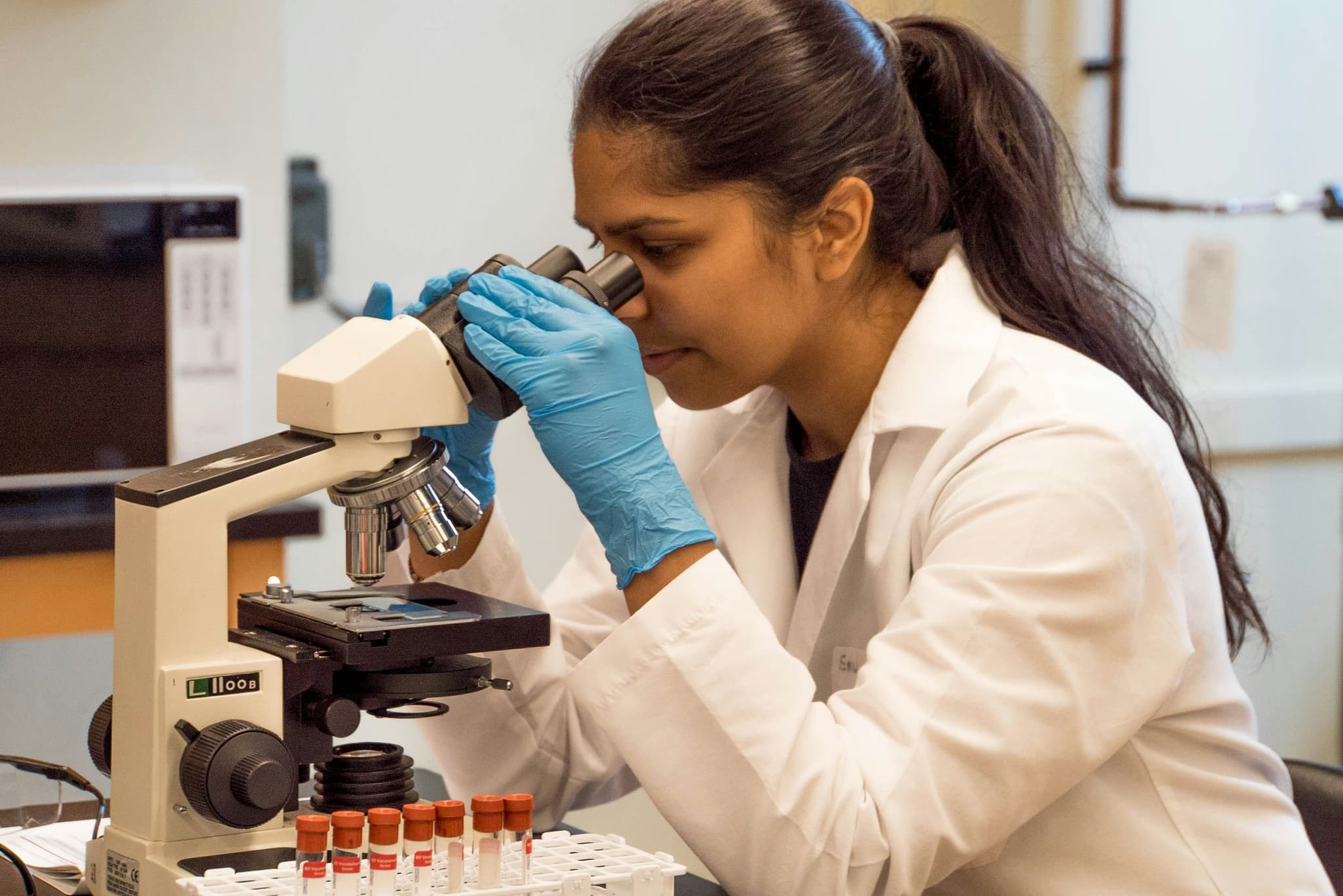€4.6M boost for Dutch heart research innovations
The Dutch Heart Foundation awards €4.6M to 12 scientists for groundbreaking cardiovascular research, from AI tools to digital twins.
Published on August 14, 2025

© Trust "Tru" Katsande Unsplash
Team IO+ selects and features the most important news stories on innovation and technology, carefully curated by our editors.
The Dutch Heart Foundation has awarded a total of €4.6 million to twelve leading scientists through its prestigious Dekkerbeurs programme, enabling them to launch or continue their own research lines in the field of cardiovascular disease.
The Dekker Grant is a highly competitive personal research grant from the Dutch Heart Foundation, available to both clinical and non-clinical scientists. It supports researchers at all stages of their careers – from postdoc to senior investigator – to develop an independent research programme.
In 2025, for the first time, a Team Science Dekker Grant was also awarded, designed to stimulate collaborations between technically oriented researchers and clinically focused colleagues to deliver technological innovations for cardiovascular care.
Spotlight on three projects
Three researchers at the University Medical Center Groningen each received a Dekker Grant. Jozine ter Maaten (€553,000) will investigate whether less frequent kidney monitoring in heart failure patients allows for the safe prescription of more effective medication.
Cristy Verzijl (€334,000) will study the role of the ARL8B protein in liver cholesterol processing, aiming to develop new cholesterol-lowering drugs with fewer side effects. Rianne Zandijk (€158,000) will explore the relationship between heart failure and arrhythmias (such as atrial fibrillation) to create better risk profiles and personalised treatment advice.
Here is the full list of the researchers who received funding
- Molly O'Reilly, Amsterdam UMC, who will investigate the influence of nerve cells in hereditary heart muscle diseases;
- Pranav Bhagirath, Amsterdam UMC, who will study how to treat dangerous arrhythmias better with digital twins of the heart;
- Fleur Tjong, Amsterdam UMC, who will investigate how to predict sudden cardiac arrest with AI;
- Jozine ter Maaten, UMC Groningen, who will research better treatment of heart failure due to less control of kidney function;
- Cristy Verzijl, UMC Groningen, who will study smarter cholesterol-lowering drugs for men and women;
- Rianne Zandijk, UMC Groningen, who will investigate how heart failure and arrhythmias reinforce each other;
- Elisa D'Alessandro, Maastricht UMC+, who will study atrial fibrillation inhibitors via fat and scars;
- Job Stoks, Maastricht UMC+, who will research how a heart develops towards an arrhythmia in the years after an infarction;
- Tim Koopmans, Hubrecht Institute, who will research ways to repair heart damage;
- Erik Timmermans, UMC Utrecht, who will investigate how to make neighborhoods more accessible for the elderly – and thus improve their heart health.
- Mathijs van Schie, Erasmus MC Rotterdam, who will study the treatment of atrial fibrillation with new AI technology;
- Lennart van de Velde, Rijnstate Arnhem, and the University of Twente, who will research the use of digital twins to treat life-threatening aortic tear.
